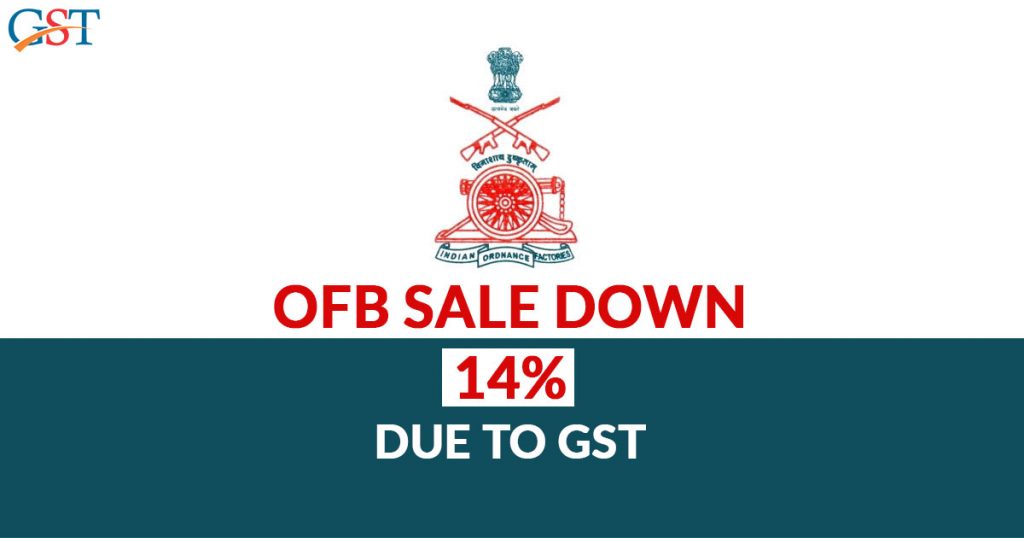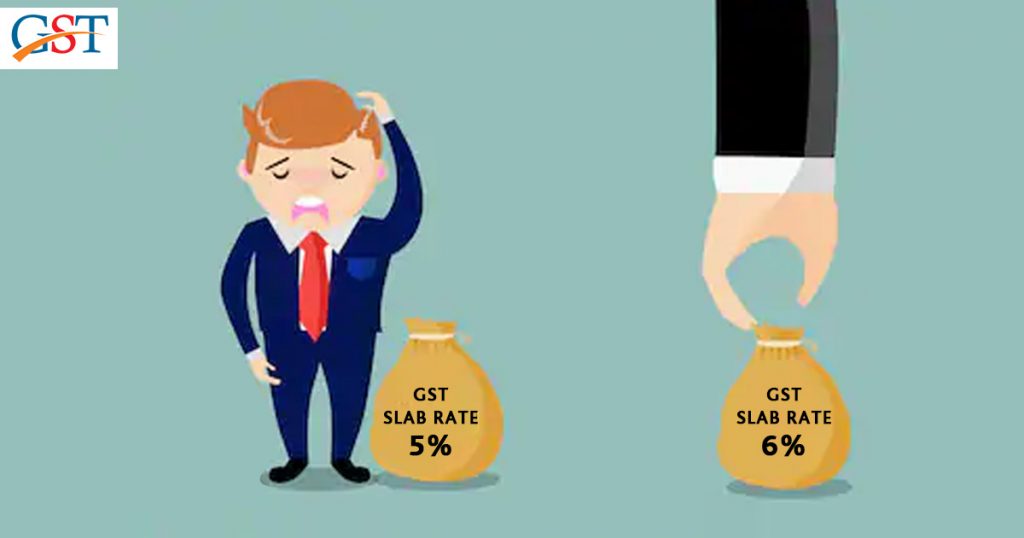
The government is turning over its mind towards the proposal of corporatizing the Ordnance Factory Board (OFB) and reviewing the goods and services tax (GST) on the products offered by the organization.
Implementation of higher GST rates 
Armed forces are the principal buyer of OFB products and GST rates have summed up the cost for them which has increased their outflow. Therefore, to offset the increased expenditure, the orders were reduced accordingly.
The forces have to fork over additional approx INR 2,000 crore to meet the GST liability and the OFB needs to get minimum indents of INR 20,000 crore for the maintenance of reasonable costing level.
At present, the value of the orders is approx INR 17,000 crore, out of this, around INR 2,000 crore is the GST component. The orders have to be increased to bring down the costs so that there will be adequate revenue to recover some definite expenses and further bring down the pricing, said sources.
An order was issued in March 1993 which exempted the products supplied by the OFB from excise duty. However, in 2015, excise duty at the rate of 12.5% was imposed on such products and since the tax had to be carried on to the buyer, there was a hike in the cost for the buyer i.e. the force by 12.5%.
In 2017, with the commencement of the GST regime, exercise was replaced by the Goods and Services Tax and this further increased the tax component. The factories need to ante for 18% GST on ammunition and arms which are the major products among the array of products offered by OFB.
A GST of 28% is imposed on the supply of pistols to the civilian market. As per the sources, even when the input tax credit 
Around 41 ordnance factories are there under the OFB, however, armed forces of India are the large-scale and main buyers of the products of the organization which vary from tanks & artillery guns to ammunition and small guns. Armed forces pay the ordnance factory for the supplies made by them. The whole expenditure is incurred from the overall defense budget and from the same source, the tax component also has to be paid out.
OFB as well as armed forces – both are government bodies and the relationship of buyer and seller technically exists between these two bodies.
The OFB has been unable to bring down the costs due to which it has been facing extreme criticism. The orders need to be at an optimum level so that the ratio can be maintained. One of the positive points here is the availability of enough supplies to be in line with the strategic requirement.